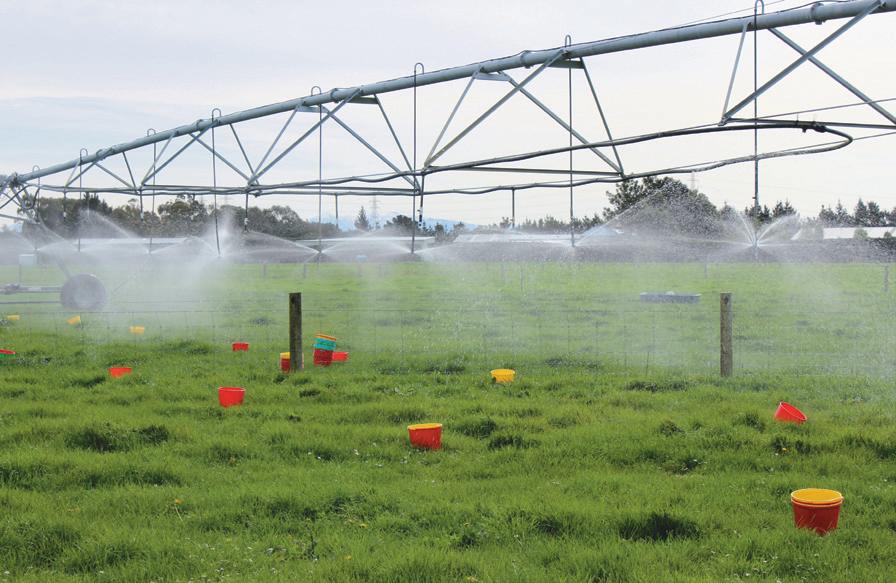
3 minute read
Fifty years of training rural workers
by Ruralco
Growing up on a farm near Napier, Noel Blackwell reckons he was stuck on a tractor by his father Lew as soon as he could walk so was never a top student. At intermediate a teacher chastised him saying, “You’ll only be as good as a dumb farmer or sweeping streets.”
WORDS & IMAGE SUPPLIED BY RURAL CONTRACTORS NZ
Advertisement
At 15 he left school and started doing rural work which led to forming a shearing gang. At 18, he went to a reunion of his intermediate school. His teacher was there and asked what he did now? “I said I had 11 working for me including a former teacher. She turned and walked away.” Noel gained his National Shearing Certificate, took out the Waikato contest and entered the 1969 Golden Shears. “I beat Snow Quinn (then NZ champion) in an early round, but he beat me in the eliminations.” After an OE in England and a spell loading fertiliser and sprays into aircrafts he began working for a Rotorua spraying contractor before buying him out. Noel’s company got up to seven trucks but after the loss of his son, he downsized to two units. In the early 1980s, Noel got a call from the hospital bed of a Pukekohe market gardener who’d poisoned himself spraying his own block and wanted help with training. Noel set up a demonstration on agricultural spraying best practice for the market gardener and others in the sector; collectively they then formed what became the predecessor to GrowSafe. Noel was among those on the board as well as doing the training. “I was training anybody who wanted to be trained.” He also joined the board of the then Chemical Applicators section of the NZ Contractors Federation and the Contrafed board. He became the rural contractors group President in the early 1990s until at one meeting of the NZCF board, its chair told Noel that the rural contractors funds were required to be handed to NZCF. “I hit the roof. I went berserk and stormed out saying we’d set up our own organisation.” Within two days he had the support of most rural contractor members. Rural Contractors NZ was formed and last year’s conference, delayed a year by Covid, marked RCNZ’s 25th anniversary. At an earlier conference, Noel was presented with the number plate I GRMPY— a title proudly earned for his refusal to see the organisation’s funds sequestered. He has only missed one RCNZ (and predecessor organisation) conference in 43 years—about the same period he has been doing agricultural spraying and contracting training. This has included working with the various ITOs since first established in the late 1990s. He became an Assessor and Moderator in 1998 and helped set up the units and training notes for Agricultural Contracting, Chemical Application, and Infrastructure Works Supervision. He assessed all these qualifications plus rollers, tracks, and wheels endorsements for the NZTA. Noel helped to set up the RCC (Recognition of Current Competency) to allow the on-the-job skills of people to be taken into account in qualifications. In 2016, Noel and his wife Anne spent six months touring New Zealand from top to bottom in their mobile home, recruiting RCNZ members, many of whom were former trainees. There hasn’t been a lot of proper recompense for all he put into training, but Noel says he got other rewards. “The biggest payment I got was seeing the people smile. “ With more changes emerging in training/ vocational education, Noel decided to call it a day. At 70 plus, he late last year assessed his last trainees in their Certificates in Agrichemical Application and Agricultural Contractors through Recognition of Current Competence (RCC) for Connexis. The last in a long line of happy customers for Grumpy.
IMAGE: When he wasn’t training thousands of Kiwis, Noel restored old machinery like this 1886 chaff cutter











